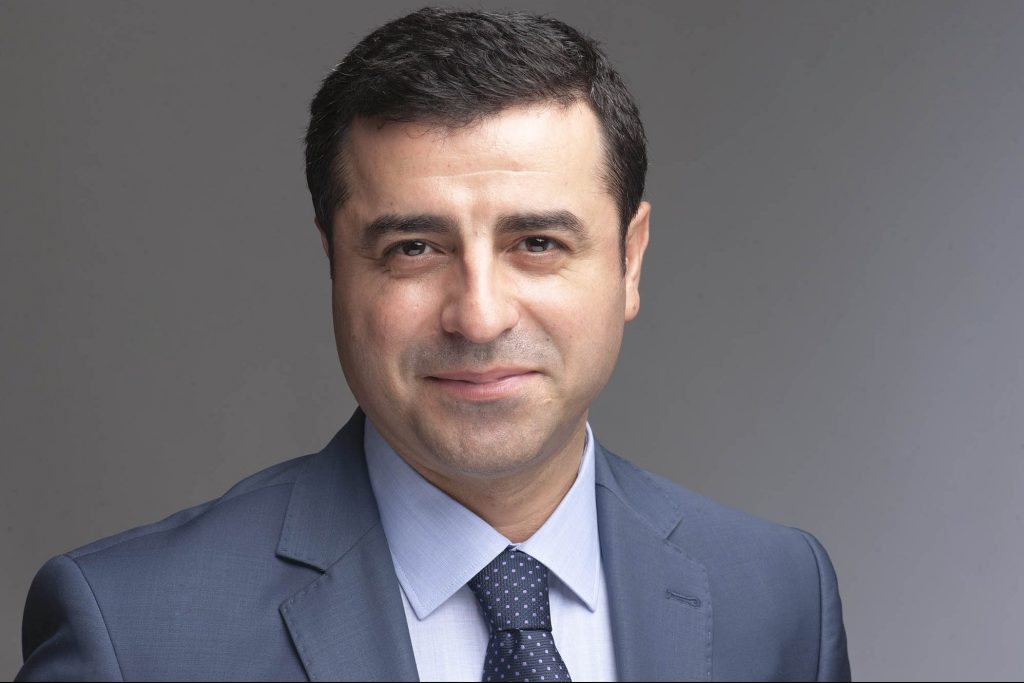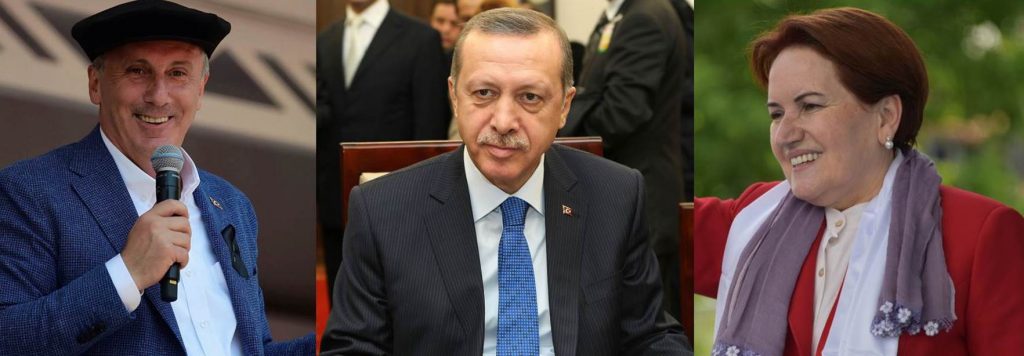Recep Tayyip Erdoğan broke a pledge he made to the electorate by calling snap elections. On 24 June 2018, the country will head to the polls to decide Turkey’s new President and Parliamentarians, more than a year earlier than scheduled.
The Turkish leader claims the early elections are vital to dispel the political uncertainty. Citing its military operations in neighbouring Syria and the need to make important decisions on the economy, Erdoğan said it was necessary “to remove the election issue from our agenda”.
If successful, he will oversee Turkey’s transition from a Parliamentary system to an executive Presidency, which follows last year’s referendum that he narrowly won. Significantly, the country’s biggest cities Istanbul, Ankara and Izmir all voted against the change. Since then, the President, who also resumed control of the Justice and Development Party (AKP), has forced AKP mayors in Istanbul, Ankara and other towns to step down and be replaced by his own preferred candidates, creating further tensions in his own party.
In power for 15 years, there is no doubt Erdoğan has transformed Turkey from a relatively poor NATO ally into a major emerging market with significant clout in global affairs. In recent years though, his term in office has been marked by authoritarianism. After the failed coup attempt of 2016, Turkey has been under a state of emergency, resulting in some 160,000 people being detained and a similar number of civil servants dismissed.
Despite the security crackdown and the difficult campaigning climate for opposition parties, they have good grounds for optimism. Erdoğan is dogged by economic worries: the lack of democracy has scared off foreign investment, while the Turkish lira continues to decline in value, currently worth 6 lira to the pound.
Polls suggest his popularity has peaked, pegging support for him at 40%, although he needs 51% to claim victory as President. Bizarrely, he recently gifted his opponents a new slogan when he declared, “If one day our nation says ‘enough’ [tamam], then we will step aside.” Instantly, #TAMAM became a trending topic worldwide on Twitter, with over two million tweets sent telling the Turkish president ‘enough’.
The opposition parties seem to be campaigning far more smartly than before. Unlike 2014, each one has put up its own presidential candidate so as not to alienate its support base with an ideologically ill-fitting joint representative. The idea is to force Erdoğan into a run-off, with everyone getting behind his opponent.
The most likely person for that is Muharrem İnce, who is the candidate for centre-left main opposition party CHP. A popular MP and former teacher, İnce is renowned for his sharp wit and is proving a good match for Erdoğan, while also reaching out to unlikely allies on the left and right of the party. İnce visited Selahattin Demirtaş, the jailed leader of the pro-Kurdish HDP, and demanded he be released until his trial is over. After refusing to admit the HDP into a broad coalition against AKP, Meral Akşener the hawkish leader of the new right wing İyi (Good) Party, has echoed İnce’s demand that Demirtaş be freed.

Akşener was one of the first politicians to throw her hat into the ring for the Presidential race. She is already attracting conservative voters away from AKP and its ally, the nationalist MHP. It was MHP leader Devlet Bahçeli’s decision to give unwavering support to President Erdoğan and the AKP government, which led to his party splintering and the formation of the İyi Party in October 2017. To further bolster support for her candidacy, Akşener’s party has formed an alliance with the smaller faith-based Saadet Party, which is chipping away at the discontented pious AKP block.
In the Parliamentary race, a poll by SONAR at the end of April found that 46.9% of the electorate voters were planning to vote for a candidate from the AKP-MHP alliance. 23.8% of voters back CHP, 14.5% the İyi-Saadet alliance, and according to SONAR, HDP would also enter Parliament with 11.3% of the vote. If this played out on 24 June, AKP would be denied an outright majority and a hung parliament would most likely see the opposition come together to form a broad coalition.
Will the opposition do enough to end Erdoğan and AKP’s grip on power? That is the million-dollar question. It is likely this election will push the incumbent party harder than it’s ever been pushed before.
Main picture above: Three main candidates in Turkey’s Presidential race, L-R: Muharrem İnce (CHP), Recep Tayyip Erdoğan (AKP), and Meral Akşener (İyi)




